WHEN evading capture in the South African bush, grassy juice from an impala's stomach quenches thirst. Noisy hippos mean water is nearby, as does sighting an African fish eagle.
These are a few tips Staff Sgt. John Otfinoski, a squad leader with Company C, 2nd Battalion, 503rd Parachute Infantry Regiment, learned recently in survival school, taught by the South African Special Forces.
Otfinoski was one of three noncommissioned officers to complete the three-week course in April, which focused on living off the land, tracking and evading capture.
"They strip you bare and teach you how to survive in the bush," Otfinoski said. "It was different than anything else I've ever experienced."
Master Sgt. Robert Seifert, of Special Operations Command-Africa, and Sgt. 1st Class Nickolas Maney, of the 6th Ranger Training Battalion, also took part.
Often it's U.S. Army NCOs offering mentorship to African nations-one of the key missions for U.S. Army Africa. This case was the reverse. South African instructors taught U.S. Army NCOs how to survive in the wild, with little more than a rifle and canteen.
"They call it 'going back to Adam,' right down to the basics," Seifert said. "The stuff they teach you-it's the real deal. It throws you out of your comfort zone."
That meant navigating at night by stars rather than using a GPS, or rubbing wood together over elephant dung to spark a fire rather than flipping open a lighter.
"When you're all alone, it's dark and you make fire-that's a psychological victory over nature," Seifert said. "It says, 'I'm not totally powerless.'"
For Seifert, the SASF course reminded the 25-year veteran of his early days in the infantry, when survival training was an annual event. While some things the South Africans taught resembled training from his 17 years in special forces, he learned important lessons.
"Our Army has all this technology we rely on-they stripped those things away," Seifert said. "We don't train like this anymore. It re-emphasized our need to get back to basics."
The course, which is normally just one phase for South African Special Forces recruits, was held specifically for foreign troops. The American NCOs trained alongside troops from France, Sweden and Botswana. The training took place in Phalaborwa, near Kruger National Park-roughly a five-hour drive northeast of Pretoria.
The instructors-who spoke English with a choppy South African accent-were Zulus, veteran soldiers who grew up in the bush and fought with the SASF in Angola in the early 1980s, Otfinoski said.
"They are very proficient and know the bush like Wikipedia in their heads," Otfinoski added. "If you're thirsty, they know a plant with buds growing underneath that can fill your canteen."
Living off the land also meant catching, killing and cooking their food.
African monitor lizards taste like-you guessed it-chicken. Fire ash apparently adds a salty taste to boiled grasshoppers. The "gut water"-juice squeezed from the grassy pulp found in an impala's stomach-proved a point, but it was disgusting, Seifert said. "It was the foulest thing I ever drank."
In all, the Soldiers learned about more than 70 birds, 50 trees and 25 insect species. When it comes to eating bugs (yeah, they did a lot of that), Otfinoski learned to avoid insects with bright colors. Stick to natural tones, like those of the brown grasshopper-of which Otfinoski ate hundreds during his few weeks in the bush.
"I now know I'll never die if there are grasshoppers around," Otfinoski said. "I'd be totally comfortable."
While learning to feed themselves, the NCOs also practiced the art of bush tracking, spying telltale signs such as broken branches or moved grass. Tracks-or "spoors," as South Africans say-are better seen with the sun to one side. Tracking at high noon is difficult. Tall wheat appears shinier after it's walked though.
Once they understood how to track, they learned the opposite-how to escape and evade capture. The Grey Lourie bird calls out "go away" when humans are near. It can be heard for miles, indicating danger when evading people tracking you. At night, grasshoppers stop chirping when you pass.
"If you didn't use the knowledge they offered, you wouldn't survive," Otfinoski said. "This course pushed you to your limits."
NCO uses lessons learned on battlefield to mentor Soldiers
WHEN Staff Sgt. John Otfinoski trains his weapons squad, he mentors on what saves lives in combat.
A veteran infantryman who served four combat tours-three in Afghanistan, one in Iraq-Otfinoski knows training makes all the difference when bullets start to fly.
Otfinoski recently attended South African Special Forces survival training, a program coordinated by U.S. Army Africa. But upon his return, Otfinoski headed straight to Grafenwoehr, Germany, to prepare for yet another combat deployment with his unit.
"Any opportunity for me to learn about the infantry craft, I take it," Otfinoski said. "I'm a grunt; but this Special Forces training taught me a lot. Now, I'm passing it on."
Otfinoski's company saw heavy combat in 2007 and 2008 fighting insurgents in Afghanistan's Nuristan Province. Training to standard now means incorporating lessons learned from the battlefield.
"Deployments have increased my awareness of training and preparation," Otfinoski said. "Those of us who have been downrange know what can happen, so we train like we fight, using scenarios based on what we've experienced."
While his Soldiers asked what it was like to drink grassy juice from an impala's stomach during his time in the African bush, Otfinoski refocuses them and shares details more applicable to them in combat. Although his infantry experiences are extensive and unique, his recent training added new perspective, Otfinoski said.
"What we don't know, we sometimes fear," Otfinoski said. "The South Africans taught us to look forward to what can happen, prepare yourself mentally and don't let fear set in."
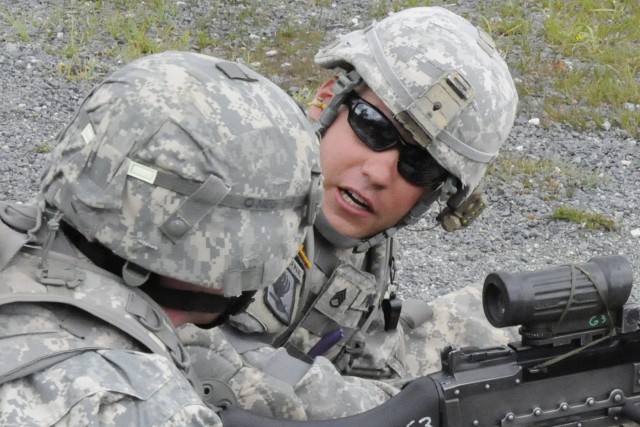
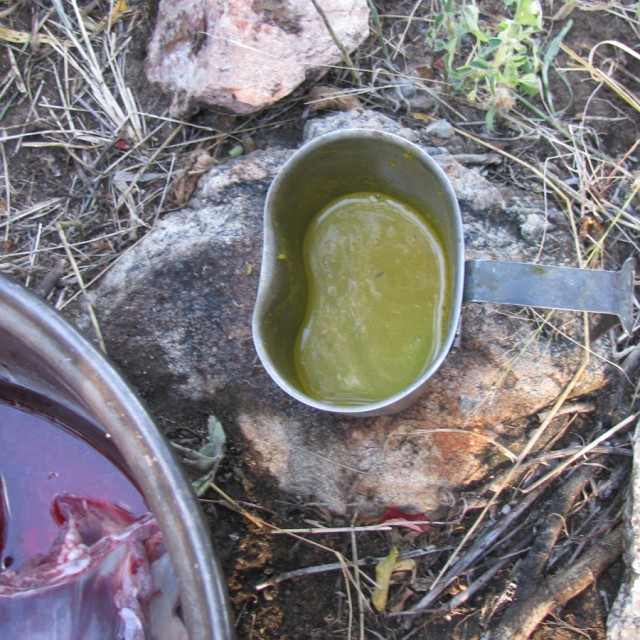
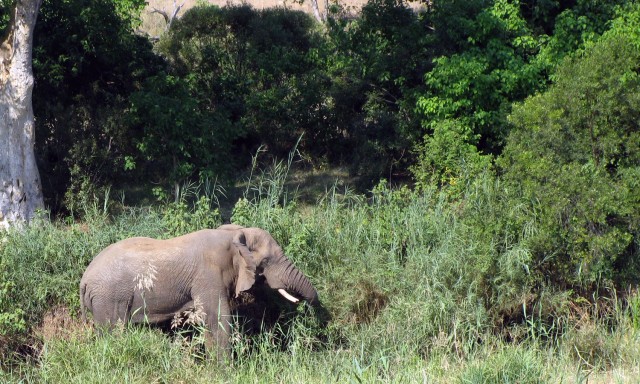
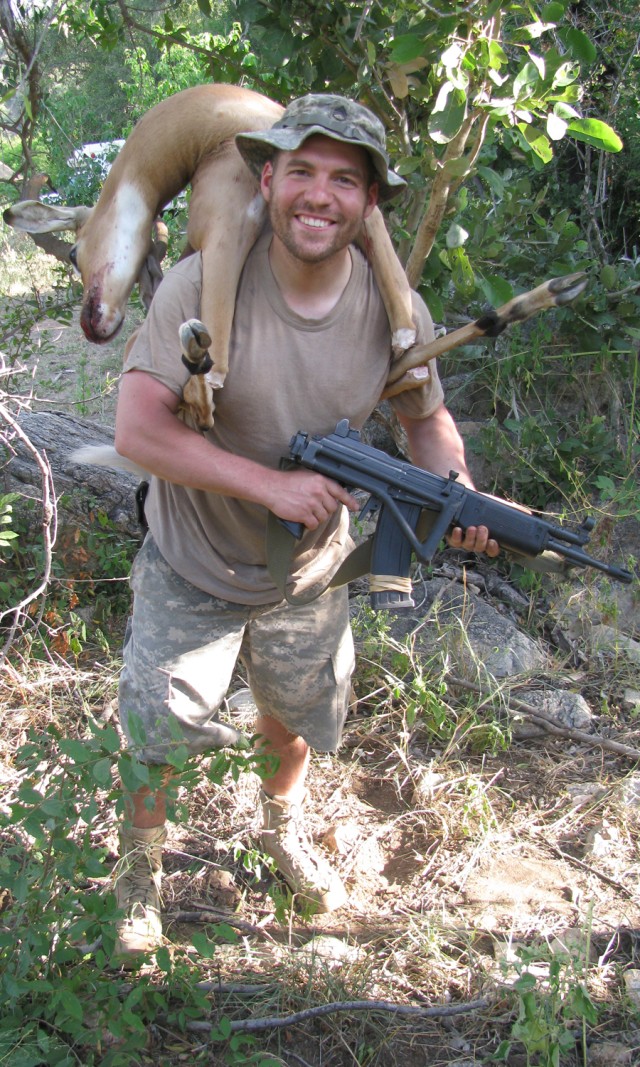
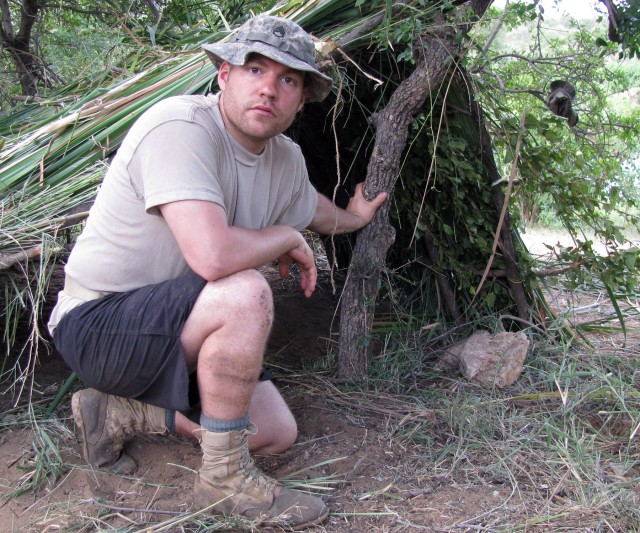
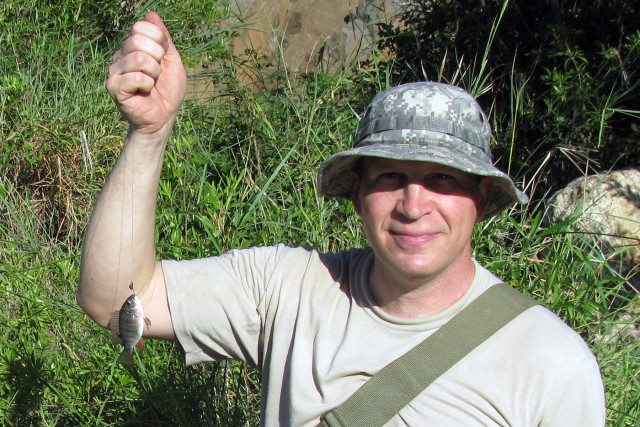
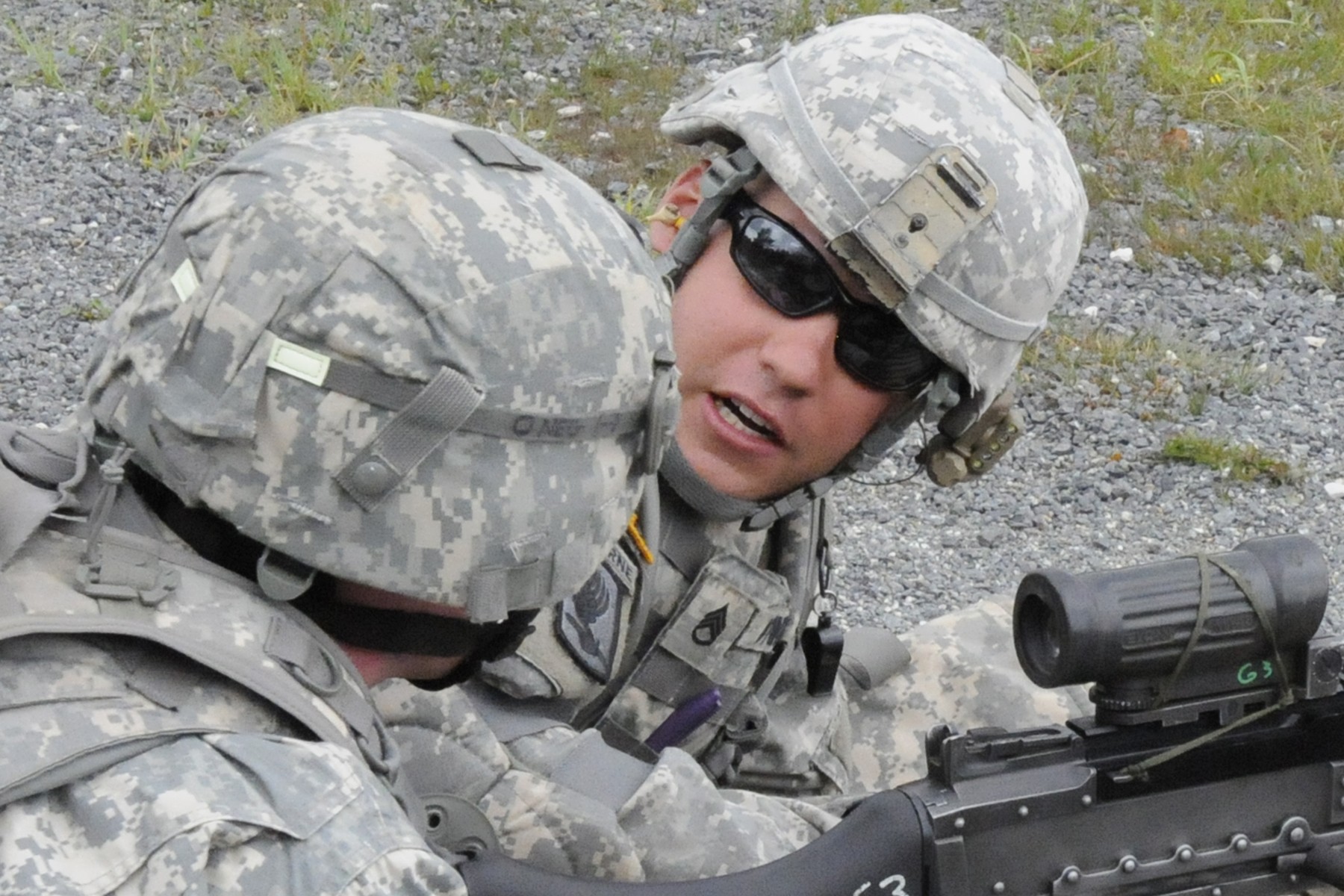
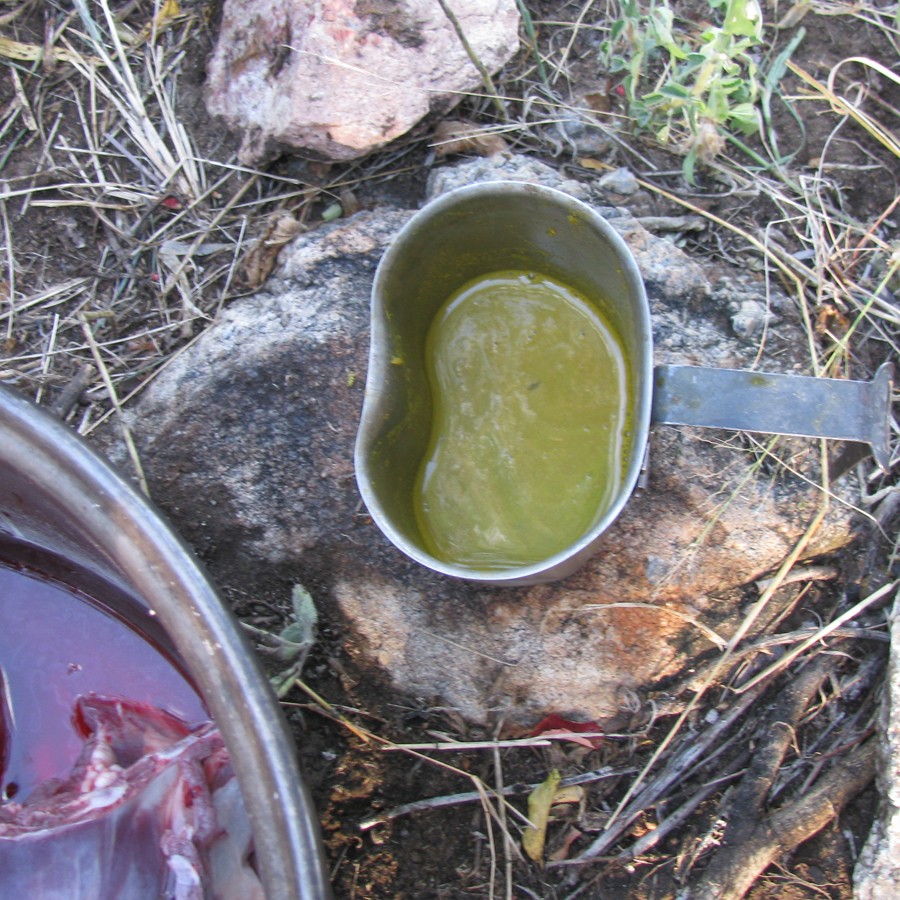




Social Sharing